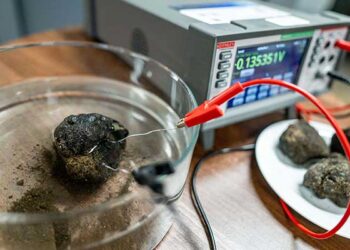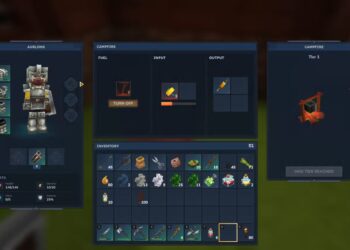Select Language:
Elon Musk’s Neuralink has announced a groundbreaking development that could significantly impact individuals living with ALS (amyotrophic lateral sclerosis). According to recent reports, patients suffering from the progressive neurodegenerative disease have successfully used brain-controlled robotic arms to perform daily activities, marking a major milestone in brain-machine interface technology.
This innovative approach involves implanting neural devices that translate brain signals into commands, allowing users to manipulate prosthetic limbs simply through their thoughts. The breakthrough not only offers newfound independence for those with severe motor impairments but also showcases the rapid advancements in neural engineering spearheaded by Neuralink.
Patients involved in the trials have demonstrated remarkable progress, able to carry out essential tasks like grasping objects, drinking liquids, and other routine actions without physical movement. These achievements suggest a future where individuals constrained by paralysis could regain significant levels of autonomy and improve their quality of life.
Neuralink’s latest success underscores a promising era of medical innovation, combining cutting-edge neuroscience with Elon Musk’s vision for revolutionary healthcare solutions. As research continues, experts are optimistic about the broader applications of this technology and its potential to transform the landscape of assistive devices for neurological conditions.




